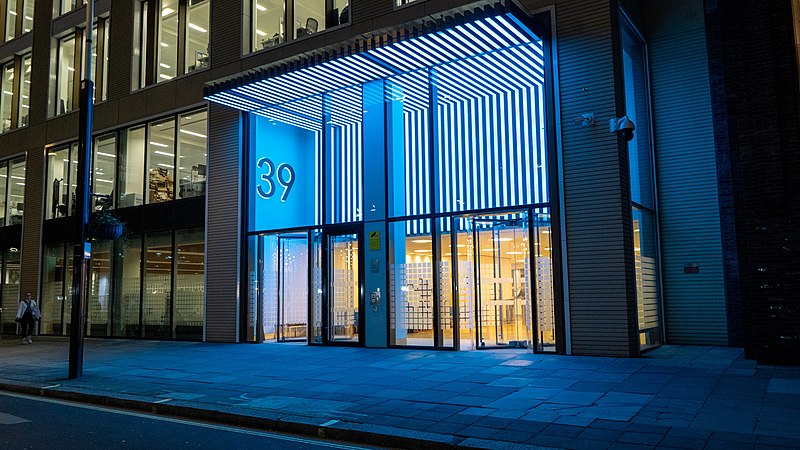
A government-backed programme has delivered improved quality of life for families affected by alcohol misuse, with children better able to access support and alcohol
dependent parents encouraged to seek treatment, according to an independent evaluation published today.
The Children of Alcohol Dependent Parents (CADeP) Programme Innovation Fund provided £5.7 million over four years, ending March 2022, to nine areas across England. Used to create better and more innovative systems to identify and support children of alcohol dependent parents and their families, it also aimed to increase awareness of parental conflict and explore ways of addressing it.
The report highlighted that children have benefitted from a range of interventions including activities to help them explore their own feelings, understand their parents’ drinking, making a safety plan, and identifying someone to rely on. It also showed that providing support focused on the whole family unit has a positive impact on parents accessing treatment as well as their children.
Parents also said the support helped them address conflict and relationship issues and provided a boost to their general wellbeing.
Health Minister Neil O’Brien said:
“Alcohol misuse can ruin lives and destroy families, and can have a particularly devastating impact on children. The toll it can take on their mental health and wellbeing can last throughout their lives.
“We owe it to these children to make sure support is available. This scheme has equipped local authorities with the tools they need to get people into treatment and on the road to recovery and this independent review clearly demonstrates the success of the scheme.
“I’d encourage local authorities right across England to use the funding we’ve provided to adopt similar approaches and to get more people into treatment.”
The government is providing £532 million for local authorities to improve drug and alcohol addiction treatment and recovery services through the Drug Strategy Fund. Local authorities can, and are encouraged, to invest this funding to develop programmes which provide tailored support to families affected by alcohol and drug misuse with this funding, using the reports finding.
According to the evaluation, local authorities also improved their workforce through better training and recruitment as well as by integrating adult and children’s services. It also successfully trained staff of frontline family services to support parents experiencing relationship distress, whether they are together or separated, to protect their children’s mental health.
The scheme was run by the Department of Health and Social Care in conjunction with the Department for Work and Pensions, given parental alcohol misuse often coexists with parental conflict, with a clear need to create a joined-up approach to address this complex issue.
DWP Minister Viscount Younger of Leckie said:
“Through our Reducing Parental Conflict programme we are acutely aware that parental alcohol dependency often co-exists with relationship problems and negatively affects children’s wellbeing.
“Every child deserves a good start in life, which is why we dedicated funding to this excellent scheme, ensuring local services can support families in this complex situation.
“To learn that parents reported improved wellbeing, increased life satisfaction and better relationships because of our interventions is very encouraging news indeed. The results of this work will provide an important evidence-base to help thousands more families lead happier, more fulfilling lives.”
Each local authority implemented the scheme in a different way, depending on local needs and to ensure a variety of support options. Programmes included improving early identification referral pathways during pregnancy and early childhood, recruitment to specific roles such as an early intervention co-ordinator, and the development of parenting programmes in schools.
The findings, published by the Tavistock Institute of Human Relations, can be used by local authorities to roll-out tried and tested methods tailored to meet local needs. It evaluated the programme across nine local areas, spanning 13 local authorities in England.
Key findings of the report showed:
Better leadership that allowed for collaboration across services, along with workforce development of children services and substance misuse practitioners led to timely identification of parents and families impacted by alcohol dependency.
Expanding staff and service capacity to specifically target children and young people, integrating parental conflict work into the support provided, and making time for whole family interventions delivered improvements in supporting parents and families.
In the eight areas, adult treatment participation increased the course of the programme. Parents and their children also had more positive impacts from the approaches taken.
Existing evidence suggests that children affected by both parental substance misuse and conflict have complex needs, especially regarding mental health and wellbeing. Tackling both alcohol misuse and parental conflict together can also be beneficial for the children involved.
The full evaluation is available online
The nine project areas comprised:
Brighton and Hove City Council
Haringey Council
Knowsley Council
North Tyneside Local Authority
Portsmouth City Council
Rochdale MBC (including also Bolton, Bury, Salford, and Trafford)
St Helens Council
Swindon Borough Council
West Sussex County Council.
Photo by Department of Health and Social Care, Wikimedia commons.



































